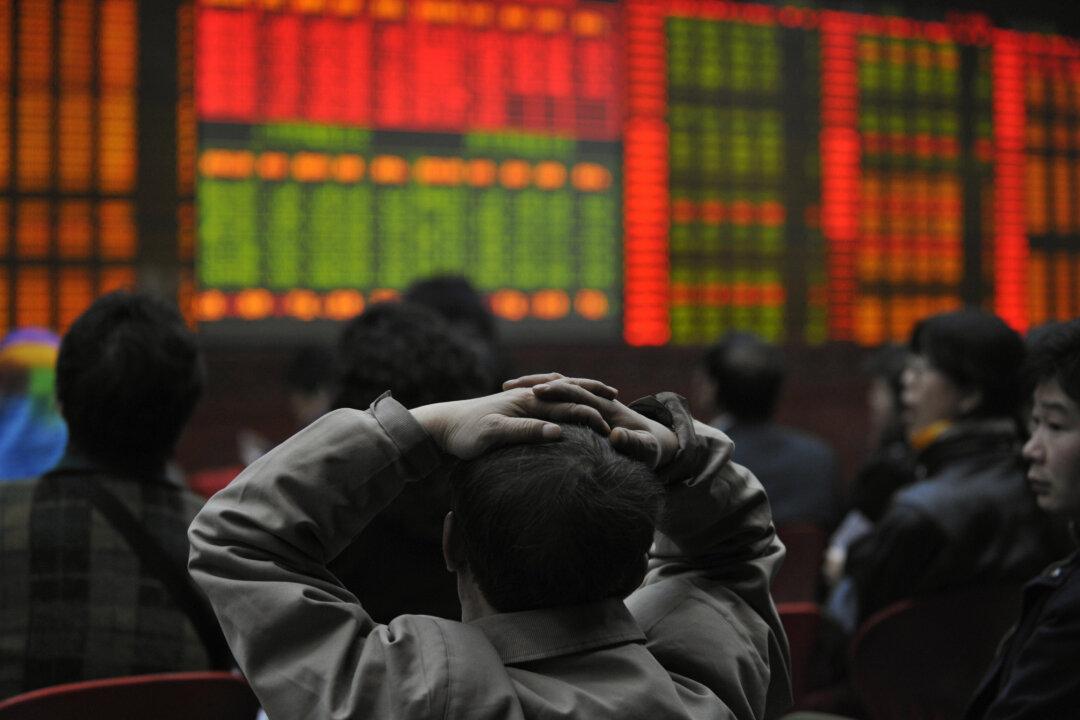Insiders revealed to The Epoch Times that the China Securities Regulatory Commission favored interest groups, leaving small and medium retail investors to bear losses in the case of a delisted company accused of falsifying $2.3 billion in financial data.
Jiangsu Province-based Kangde Xin Composite Material (Kangde Xin) is a technology company focused on pre-filming materials, photoelectric materials, and carbon materials.




